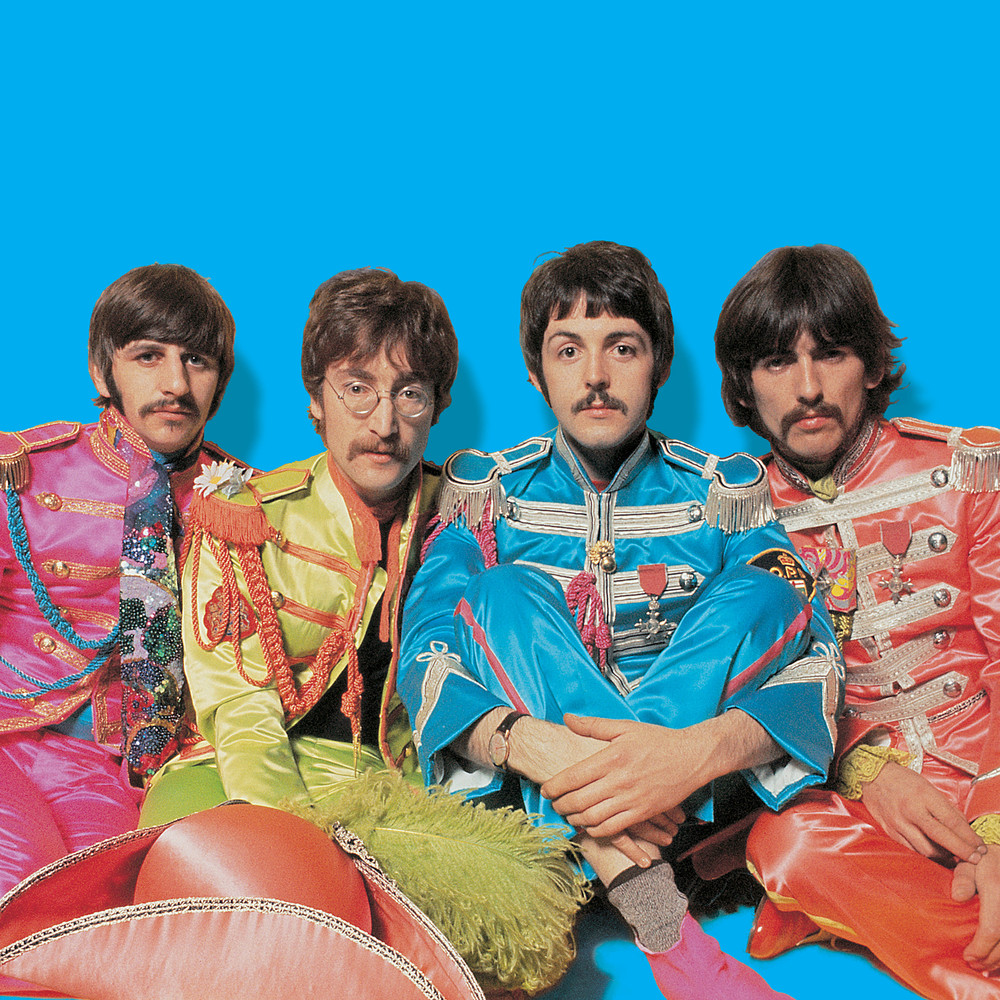The Beatles, a name that resonates through the annals of music history, continues to captivate audiences worldwide. Formed in Liverpool in the early 1960s, this iconic band transformed the music landscape forever. From their catchy tunes to their innovative artistry, The Beatles' history is rich with creativity, experimentation, and profound cultural impact. Their unique sound and groundbreaking approach to music not only defined a generation but also laid the groundwork for countless artists who followed in their footsteps.
As we delve deeper into the Beatles history of the band, it becomes evident that their influence was not limited to just their musical output. The Beatles became symbols of the cultural and social revolutions of their time, challenging norms and breaking barriers. Their music spoke to the hearts of millions, addressing themes of love, peace, and rebellion, resonating with a diverse audience. Even today, their songs remain timeless, echoing the sentiments of a bygone era while still feeling relevant to contemporary listeners.
In this exploration of The Beatles history of the band, we will uncover the milestones that marked their journey, the key figures who shaped their sound, and the legacy they left behind. Join us as we unravel the stories behind the music, the personal lives of the band members, and the cultural shifts they inspired. The Beatles' history is not just a tale of a band; it is a testament to the power of music to unite and inspire generations.
What is the Biography of The Beatles?
| Band Member | Birth Date | Role in Band |
|---|---|---|
| John Lennon | October 9, 1940 | Vocals, Rhythm Guitar, Piano |
| Paul McCartney | June 18, 1942 | Vocals, Bass Guitar, Piano |
| George Harrison | February 25, 1943 | Lead Guitar, Vocals |
| Ringo Starr | July 7, 1940 | Drums, Vocals |
How Did The Beatles Come Together?
The Beatles were formed in 1960, with John Lennon initially leading a skiffle band called The Quarrymen. After several lineup changes, Paul McCartney joined the group and soon became an integral part of the band's creative process. They later recruited George Harrison and, finally, Ringo Starr, who completed the iconic lineup. Their chemistry was undeniable, combining their individual talents into a powerful synergy that would change music forever.
What Influenced The Beatles' Unique Sound?
The Beatles drew inspiration from a wide range of musical genres, including rock and roll, rhythm and blues, and folk music. They were heavily influenced by American artists such as Elvis Presley, Chuck Berry, and Buddy Holly. This eclectic mix of influences allowed The Beatles to craft their signature sound, characterized by harmonized vocals, catchy melodies, and innovative arrangements.
How Did The Beatles Impact Popular Culture?
The Beatles were not just a musical phenomenon; they were cultural icons. Their hairstyles, fashion choices, and lifestyle became trends that defined the 1960s. The band's embrace of counterculture and advocacy for peace resonated with the youth of the time, making them symbols of the era. Their films, such as "A Hard Day's Night" and "Help!", further solidified their status as pop culture pioneers.
What Are Some of The Beatles' Most Iconic Albums?
- Please Please Me (1963) - Their debut album featuring hits like "I Saw Her Standing There" and "Twist and Shout."
- Revolver (1966) - A groundbreaking album that showcased their experimental sound with tracks like "Eleanor Rigby" and "Tomorrow Never Knows."
- Sgt. Pepper's Lonely Hearts Club Band (1967) - A concept album that is often hailed as one of the greatest of all time, featuring "Lucy in the Sky with Diamonds" and "A Day in the Life."
- Abbey Road (1969) - Their final studio album, noted for the iconic song "Come Together" and the medley on the B-side.
What Led to The Beatles' Breakup?
Despite their monumental success, The Beatles faced internal tensions during the late 1960s. Differences in creative direction, personal interests, and outside pressures contributed to the band's gradual disbandment. The release of "Let It Be" in 1970 marked their official breakup, leaving fans heartbroken but ensuring their legacy would live on in the music industry.
What Is The Beatles' Lasting Legacy?
The Beatles' history of the band is not just a chapter in music history; it is a legacy that continues to influence artists today. Their innovative spirit and willingness to experiment with different sounds paved the way for new genres and styles. They are credited with revolutionizing the recording process, elevating the role of the producer, and inspiring countless musicians to push boundaries. From their timeless songs to their cultural impact, The Beatles remain a symbol of creativity and artistic freedom.
How Do Fans Remember The Beatles Today?
Even decades after their breakup, The Beatles continue to have a profound effect on music and culture. Fans around the world celebrate their contributions through tribute bands, festivals, and even social media platforms. The Beatles' music is regularly featured in films, commercials, and television shows, ensuring that their songs resonate with new generations of listeners. Their legacy remains strong, proving that the Beatles history of the band is not just a part of the past but a living, breathing phenomenon.
In conclusion, The Beatles history of the band is a captivating tale of creativity, innovation, and cultural impact. From their humble beginnings in Liverpool to their status as global icons, The Beatles captivated the world with their music and message. Their journey serves as a reminder of the power of art to transcend boundaries and connect people across generations. As we continue to celebrate their legacy, it is clear that The Beatles will forever hold a special place in the hearts of music lovers worldwide.
/the-beatles-144610180-58dd12c05f9b584683646149.jpg)


